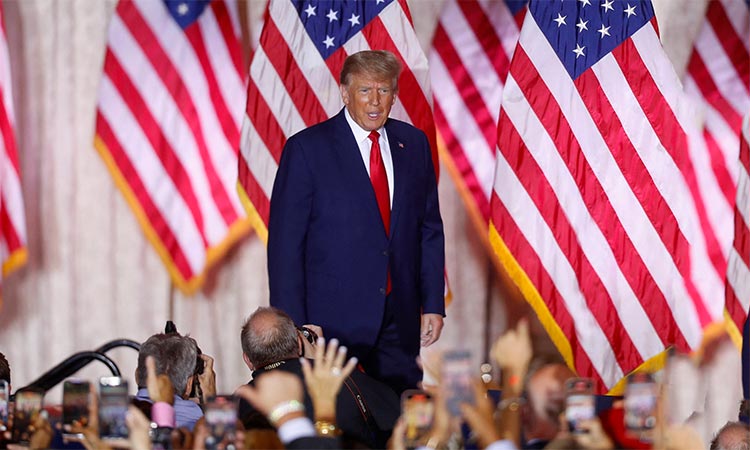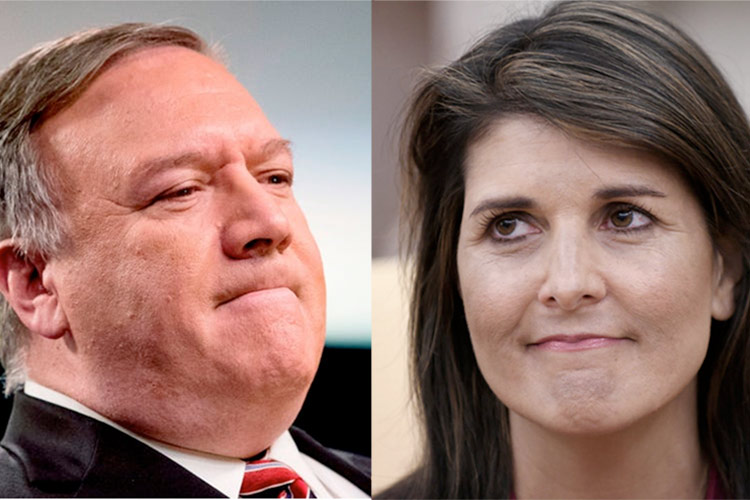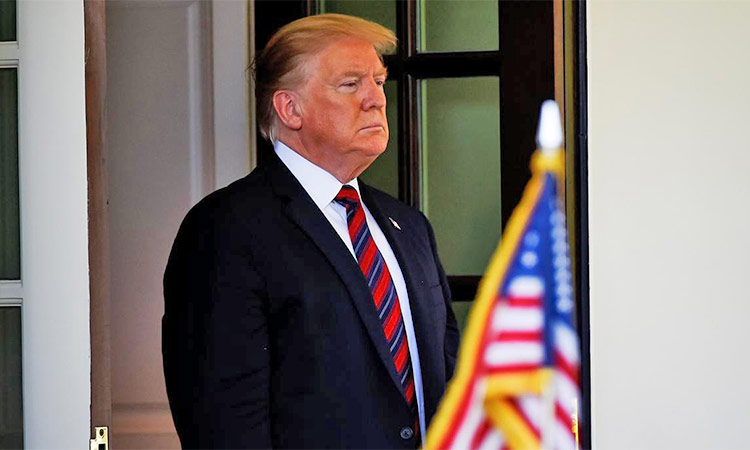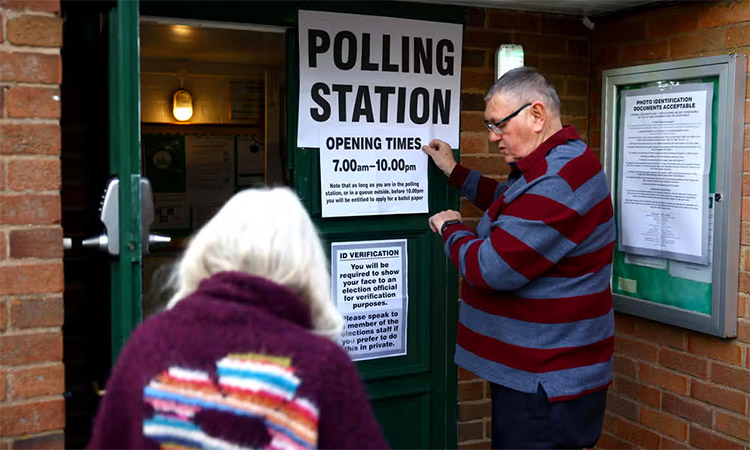Why Trump can be barred from running again
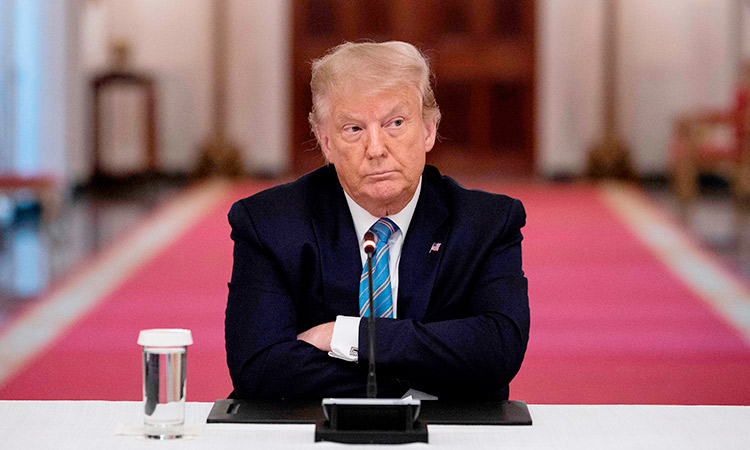
Donald Trump
Rahna Epting, Tribune News Service
There are myriad reasons why the majority of Americans don’t want to see a certain twice-impeached, four-times-indicted former president back on the ballot. In recent weeks, an argument against Donald Trump holding office has shifted from the edges of the pages of law reviews to the center of national political discussion. It’s not about whether Trump should or could become president again, but the more fundamental question of whether he is even eligible to run. If you’re not up on your constitutional amendments, Trump and his allies aren’t either. While the 14th Amendment is well-known for its equal protection clause, its lesser-known insurrection clause states that any former official who engages in insurrection against the United States government is categorically ineligible to hold elected office.
Legal scholars across the ideological spectrum are backing this argument. In the past month, lawsuits to prevent Trump’s access to state ballots were filed in Colorado and Minnesota, with more expected. One of Trump’s fellow presidential hopefuls even raised it in the first GOP debate. The arguments against Trump’s disqualification fall into two general categories: pragmatic and legal. The pragmatists sidestep the constitutional requirement altogether, foregrounding Trump’s continued GOP popularity. The legal camp argues that the insurrection clause doesn’t apply to Trump. Here’s a rundown of these common arguments, and why they’re wrong:
Myth No. 1: Disqualifying a presidential candidate from the ballot would be unprecedented.
False. Would-be candidates regularly get rejected for failure to meet the constitutional requirements for the office. The Colorado lawsuit against Trump’s qualification points out that people seeking to run for president have been rejected by election officials for failing to meet other requirements, such as being a natural-born citizen of the United States. Using the 14th Amendment in particular to disqualify a politician has also been done before. In 2022, a New Mexico court booted a county official from office for boosting the Jan. 6 insurrection and barred him from future office under the 14th Amendment.
Myth No. 2: Trump is too big to bar. It would upend politics to disqualify the GOP’s front-runner from the ballot. Irrelevant. It shouldn’t matter how popular Trump is, whether he’s a former president, or if he’s a front-runner. If he’s disqualified from the ballot, then that preempts any considerations about his popularity as a candidate, just as it would if he were under 35 or not a US citizen.
Myth No. 3: It would lead to more political violence. The far more dangerous step would be to ignore his actions out of fear of his retaliation. Trump already thinks he can do whatever he wants with impunity, a belief that has created the unrestrained Trump we all know. We cannot afford to tailor the Constitution’s enforcement to make it so.
Myth No. 4: Trump hasn’t been convicted of insurrection. It doesn’t matter. Legal scholars say this clause of the 14th Amendment is “self-executing,” meaning Congress doesn’t have to pass a law declaring something an insurrection, and no courts have to convict someone of insurrection. Rather, it applies “directly and immediately upon those who betray their oaths to the Constitution,” according to Harvard Constitutional Law Professor Emeritus Laurence Tribe and former U.S. federal judge J. Michael Luttig. And the January 6 Select Committee Report gave ample evidence that proves Trump’s leading role in the insurrection.
Myth No. 5: The 14th Amendment doesn’t apply to presidents. The amendment seems to go out of its way to include “any office … under the United States.” You don’t need a law degree to understand that the presidency is an office under the United States. Trump’s actions upended our system of government. His failed coup attempt had real consequences: Five people died, and trust in American democracy was weakened across the country and globally. And while Trump’s decades of impunity as a corrupt business magnate might have suggested otherwise, his actions have consequences for him, as well.
When Trump tried to overthrow the government, he disqualified himself from holding office — not only morally, but also constitutionally.
